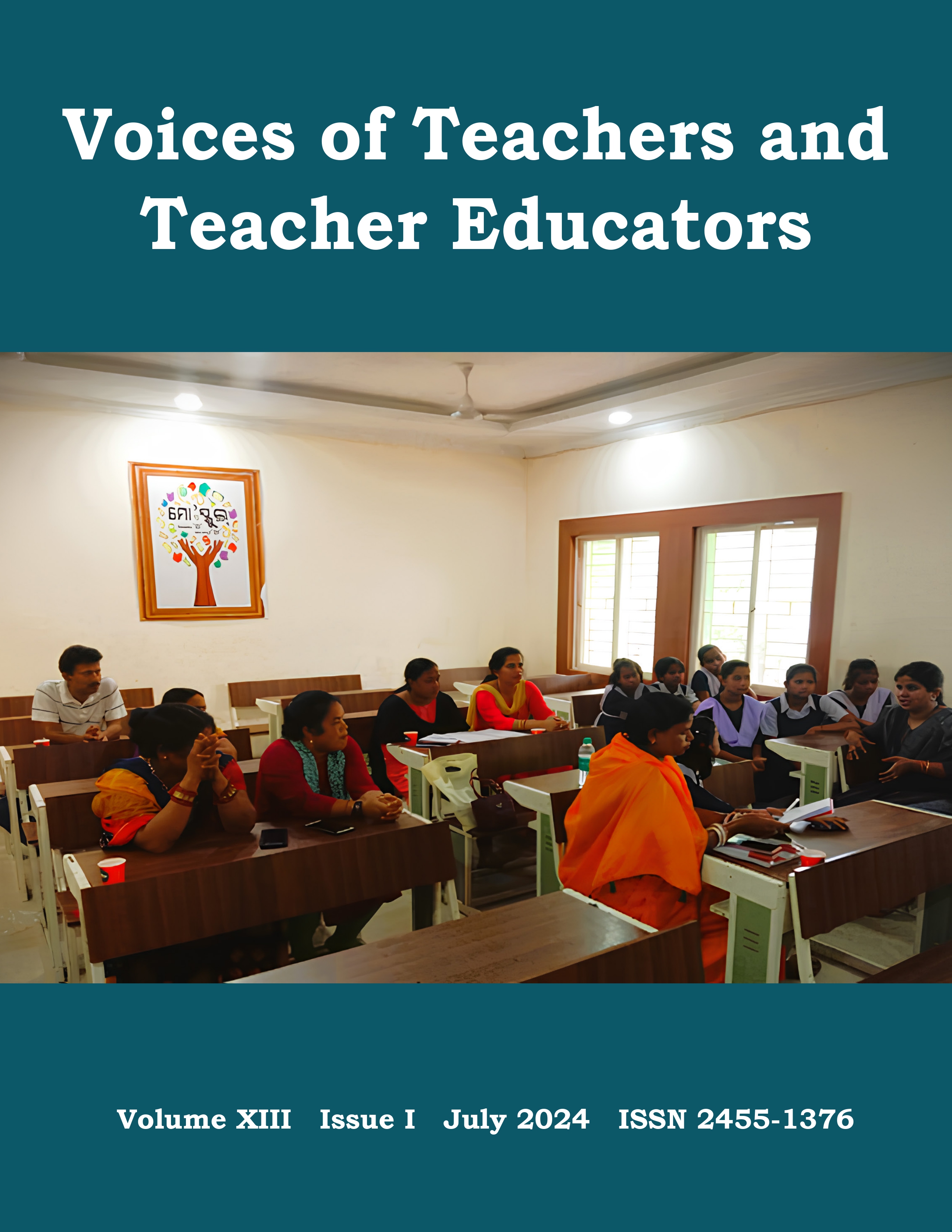Innovative Teaching Approaches in Social Science Education—A Case Study of Government Model Middle School, Pashkum, Kargil, Ladakh
प्रकाशित 2024-07-31
संकेत शब्द
- Ground Classes,
- ICT,
- Parliamentary Classroom Approach,
- Museum Classroom,
- Cave Classes
##submission.howToCite##
सार
Traditional teaching methods have long been favoured by educators. But feedback from students and stakeholders reveals both positive and negative aspects of their effectiveness. In Ladakh, government schools have shown improvement since 2016–17, gaining recognition as potential models for other institutions. The Progressive Growth Index (PGI) report for the year 2021–22 of the Government of India highlights significant advancements in Ladakh’s education sector, attributing some of this success to innovative teaching and learning approaches (PGI Report, 2021-22).. This case study, conducted at Government Model Middle School, Pashkum, Ladakh, focuses on academic years 2021–22 to 2023–24, during which two nearby defunct primary schools were amalgamated to create a healthier learning environment. The school, which started with just 12 students in 2021, boasted an enrollment of around 50 students in less than two years. The adoption of intensive onsite classes (field study) in the social science discipline sets this school apart, as teaching methodologies have shifted towards inquiry, research, projects, exploration and critical thinking. This transformation has significantly enhanced student engagement, fostering a heightened motivation to attend classes regularly.

